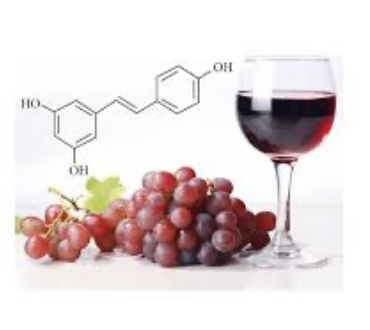YOUR BRAIN ON RESVERATROL
April 19, 2024 – Steve Bruner


TAKING VINTAGE RESVERATROL 100% HELPS YOUR BRAIN TOO
In 2008 Natural Biology introduced the purest form of Resveratrol known even to this day. It is derived from French Red Wine Grapes with no other additives or ingredients. It doesn't need them. It is the purest source and the most effecitive because of its efficacy, research, proven results, and bioavailability. Nothing comes close. In the 16 years we have provided Vintage Resveatrol 100% our customers have reported good results particular in the areas of heart health, skin health, brain health, and inflammation control. More and more research is coming to surface in recent years indicating how incredible resveratrol is for brian health.
Brain Health Research & Resveratrol
Resveratrol, a compound found in some foods like grapes, is being studied for its potential to protect the brain, especially after injuries like strokes. This compound seems to help by reducing inflammation in brain cells known as astrocytes and has shown promising results in experiments with gerbils, where it helped reduce brain cell death during strokes.
Researchers are also looking at a specific type of lab-grown cell called C6 glioma cells, which are similar to astrocytes and are used to study brain cell behavior. They are testing how resveratrol affects these cells, including how it influences cell health, growth, and death, as well as how it impacts the cells' ability to handle certain chemicals like glutamate, which is important for brain function.
In their experiments, the scientists grew these cells in controlled lab conditions and treated them with different amounts of resveratrol. They observed that resveratrol could decrease cell growth, which might be useful in conditions where cells grow too fast or uncontrollably. They also noted that resveratrol helped these cells manage glutamate better, which could be beneficial for brain health. However, at very high doses, resveratrol could damage the cells, suggesting that while it can be helpful, too much of it might be harmful.
These findings contribute to understanding how resveratrol might be used in medical treatments, particularly for brain-related conditions.
